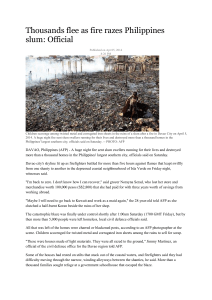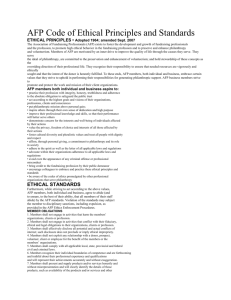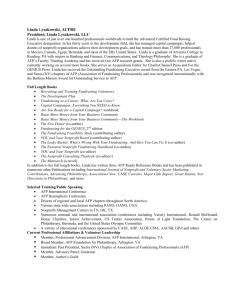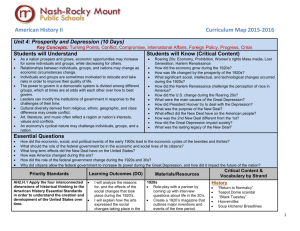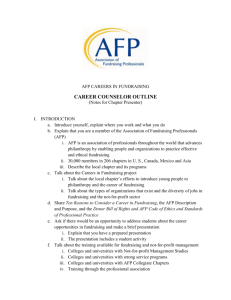Peacekeeping in East Timor
advertisement
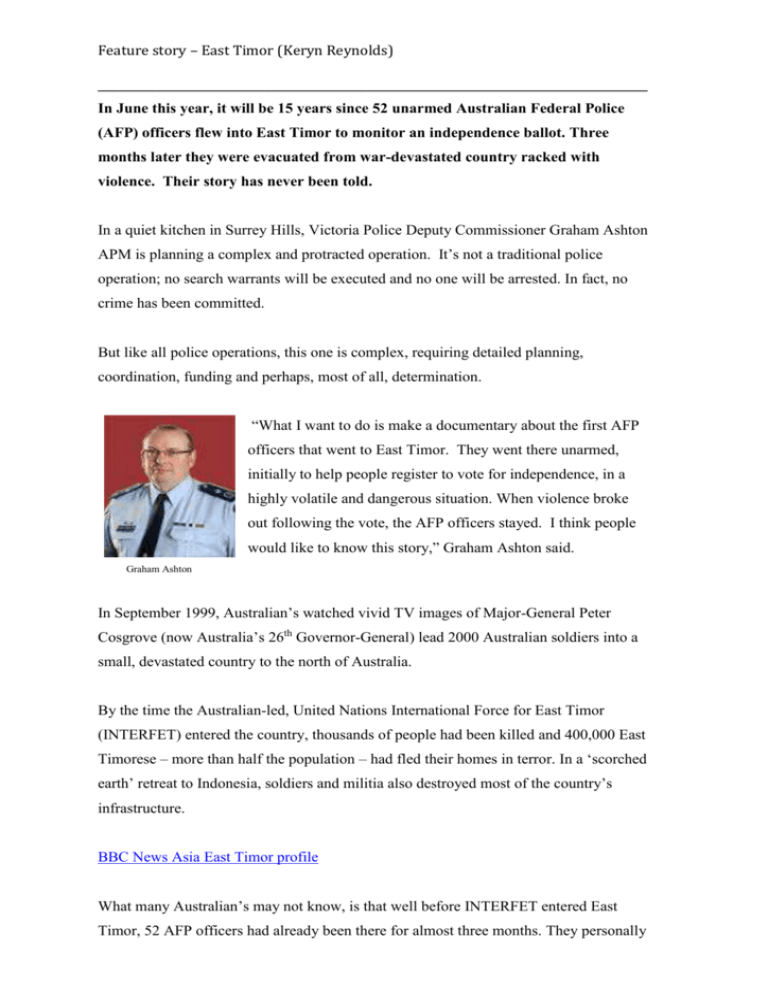
Feature story – East Timor (Keryn Reynolds) _______________________________________________________________________ In June this year, it will be 15 years since 52 unarmed Australian Federal Police (AFP) officers flew into East Timor to monitor an independence ballot. Three months later they were evacuated from war-devastated country racked with violence. Their story has never been told. In a quiet kitchen in Surrey Hills, Victoria Police Deputy Commissioner Graham Ashton APM is planning a complex and protracted operation. It’s not a traditional police operation; no search warrants will be executed and no one will be arrested. In fact, no crime has been committed. But like all police operations, this one is complex, requiring detailed planning, coordination, funding and perhaps, most of all, determination. “What I want to do is make a documentary about the first AFP officers that went to East Timor. They went there unarmed, initially to help people register to vote for independence, in a highly volatile and dangerous situation. When violence broke out following the vote, the AFP officers stayed. I think people would like to know this story,” Graham Ashton said. Graham Ashton In September 1999, Australian’s watched vivid TV images of Major-General Peter Cosgrove (now Australia’s 26th Governor-General) lead 2000 Australian soldiers into a small, devastated country to the north of Australia. By the time the Australian-led, United Nations International Force for East Timor (INTERFET) entered the country, thousands of people had been killed and 400,000 East Timorese – more than half the population – had fled their homes in terror. In a ‘scorched earth’ retreat to Indonesia, soldiers and militia also destroyed most of the country’s infrastructure. BBC News Asia East Timor profile What many Australian’s may not know, is that well before INTERFET entered East Timor, 52 AFP officers had already been there for almost three months. They personally Feature story – East Timor (Keryn Reynolds) witnessed the destruction of a country and many were threatened, attacked or shot at while undertaking their mission. Most of them have never spoken about their experiences. Peter Donaldson, a retired AFP Commander is planning the documentary with Graham. “I’m sorry, but we can’t tell you the full story at the moment. We simply don’t have enough information. We will only know the full story after talking with the AFP officers. What I can do is tell you some of the stories we’ve pieced together from various sources,” Peter said. 21 June 1999. Australian UN Police advisers arrive in Dili (Reuters Pictures) The first 15 AFP officers entered East Timor on 21 June 1999. Over the next weeks, a further 37 AFP officers arrived and were deployed to small towns across the small country. The civilian police mission seemed clear but far from simple: advise Indonesian police in East Timor; assist with setting up the general ballot; help people get to the polling booth so they could cast their vote safely; escort the Ballot boxes after the vote so they could be properly counted. Most importantly: try and do this calmly and professionally while violence continues around you and the Indonesian armed forces, responsible for maintaining order and protecting the people, stand idly by and allow the pro-Indonesian militia to keep killing people. According to newspaper accounts at the time, the AFP officers did remain calm. When the UN building in Maliana was attacked by 100 pro-Indonesian militia, two AFP officers were “hailed as heroes” after “repeatedly running from cover to drag” seriously injured civilians to safety. When Indonesian police fired on a thousand Timorese refugees camped in a schoolyard next to the UN compound in Dili, AFP officers helped people climb over the razor wire Feature story – East Timor (Keryn Reynolds) fence into the compound and caught children being thrown over the fence by their terrified parents. East Timor 1999 Video Later when AFP officers left the besieged UN compound in Dili to try and get food and medical supplies from a nearby warehouse, they were ambushed and shot at by militia. To date only one retired AFP officer, David Savage, has spoken of his experiences in East Timor. In his 2002 book, Dancing with the Devil: A personal account of policing the East Timor Vote for Independence, Mr Savage recalls hearing a live radio transmission of a militia attack on the UN office in Liquica where three AFP officers were posted: “We’re running for the cars… the whole place is being shot up… we’re in the cars…one of the vehicles is blocked… they can’t get out… we’re driving out the back through the fence… they’re coming after us… the rounds are hitting our cars… my cars got a blowout …oh shit another tyre’s gone but we’re still going … they’re shooting at us we’re being shot at from all round, all of the vehicles are taking rounds… we’re still mobile… hang on we’ve got one shot, one of the guys has been shot.” Liquica was over-run by pro-Indonesian militiamen and all UN staff and AFP officers were evacuated to Dili. The civilian police officer shot that day was an American who was soon evacuated to Darwin for medical treatment. Fortunately he survived. These are just some of the untold stories of AFP officers in East Timor. Breakout Box (see below) On 9 March 2001, an Australian Group Bravery citation was awarded to the 52 AFP officers who had served in East Timor. At the ceremony, AFP Commissioner Mick Keelty said: “There were many instances of quite outstanding courage and bravery which I am personally aware of. Many others, I am sure, are known only to the members themselves.” Feature story – East Timor (Keryn Reynolds) Although Graham is a retired AFP Assistant Commissioner, he had no direct involvement in East Timor in 1999. He has however spent a number of years in Indonesia, first in 1995 as an AFP liaison officer and later in 2002, leading the international team of police and forensic experts investigating the terrorist bombings in Bali that killed 202 people, including 88 Australian’s. His determination to make this documentary is driven by a keen interest in history and policing. “The story of what these AFP officers did, how they did it and the extraordinary resilience and bravery displayed by some of them, is a story not known to many Australians,” Graham said. “This is the story we want to tell. The story of 52 Australian police officers doing something truly remarkable,” Graham said. Keryn Reynolds is a former AFP officer who served as a UN civilian police officer in East Timor from November 2001- June 2002 (kerynreynolds@gmail.com) Breakout Box: Newspaper reports 29 June June – September 1999 AFP officers are hailed as heroes after rescuing seriously injured civilians when the Maliana UN post is attacked by 100-militia. 5 July A relief convoy, escorted by AFP officers from Liquica, is attacked by armed militia. 6 August An AFP officer is injured in Ainaro when 20 armed men attack a UN staff member at a voter registration center. 30 August When a local UN worker stabbed to death in Atsabe, two AFP officers try to resuscitate him and later face ongoing gunfire into their residence. 31 August UN staff and AFP officers are trapped by militia at a roadblock. UNCIVPOL Commissioner travels by helicopter to Gleno to negotiate safe passage for the group. 1 September AFP officers herd people to safety when hundreds of militia armed with homemade guns and machetes clash with rock- Feature story – East Timor (Keryn Reynolds) throwing separatists outside the UN compound in Dili. 2 September When a UN office near Dili is stormed and a militiaman stands at the back fence with a “molotov cocktail and a cigarette lighter,” an AFP officer calls for help. 5 September When hundreds of women and children panic and try to enter the UN compound in Dili, AFP officers help pass children over the razor wire fence to safety. 6 September AFP officers being evacuated from Dili are shot at while travelling in convoy to the airport. 7 September Indonesia declares martial law in East Timor. UN staff and AFP officers are “trapped like rats” in the UN compound in Dili with 1300 refugees. 8 September AFP officers secure the UN compound in Dili. “It will be the holocaust here if UN workers leave…they will simply kill all of us as soon as you leave,” said a student leader sheltering in the compound. 9 September Water, telephone and power supplies are cut to the UN compound by militia. AFP officers are ambushed and shot at by 50-militia as they try to load food and medical supplies at a waterfront warehouse in Dili. 10 September UN staff and most AFP officers are evacuated from the UN compound to Darwin. AFP officers are “exhausted, hungry and traumatised,” with many having contracted malaria. 12 September Five AFP officers remain in Dili as part of a 50 strong-UN team. In Darwin, Justice Minister Amanda Vanstone says “the stories being told by the police would literally take your breathe away.” 14 September After a 10-day siege of the UN compound in Dili, 1300 East Timorese refugees are evacuated to Darwin. The compound is burnt to the ground and UN workers, mostly unarmed police, move to the fortified office of Australian consul in Dili. 20 September INTERFET lands in East Timor to restore law and order.

